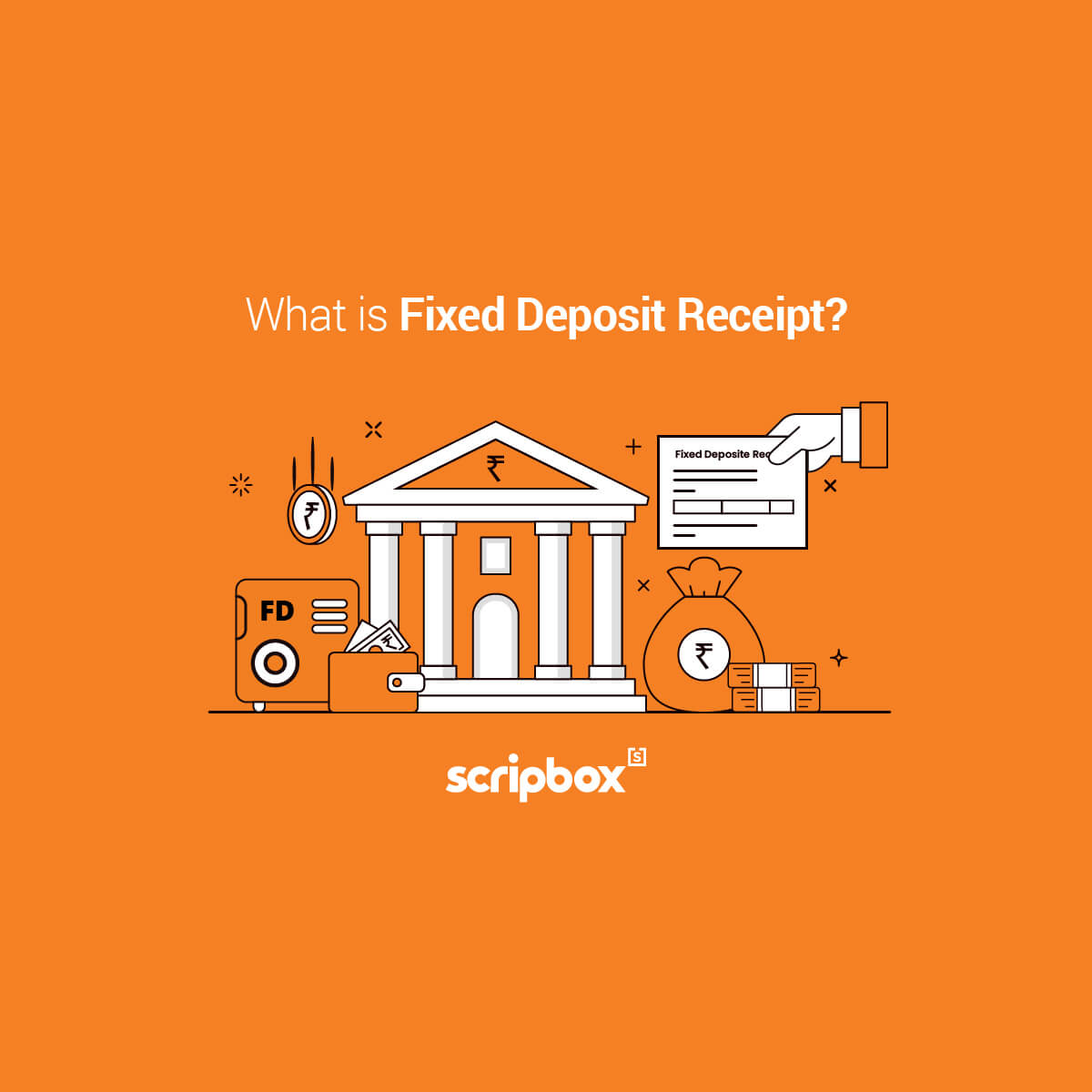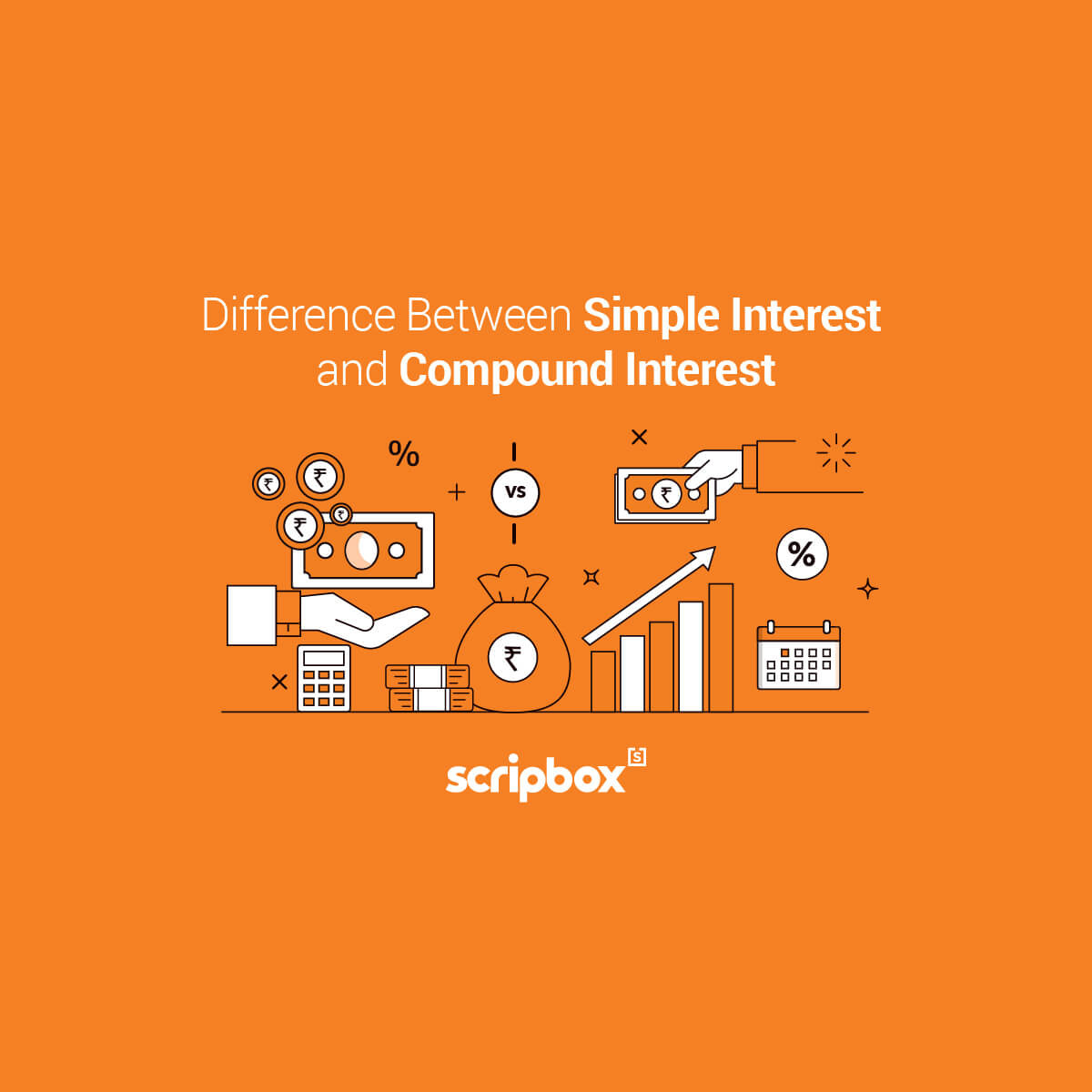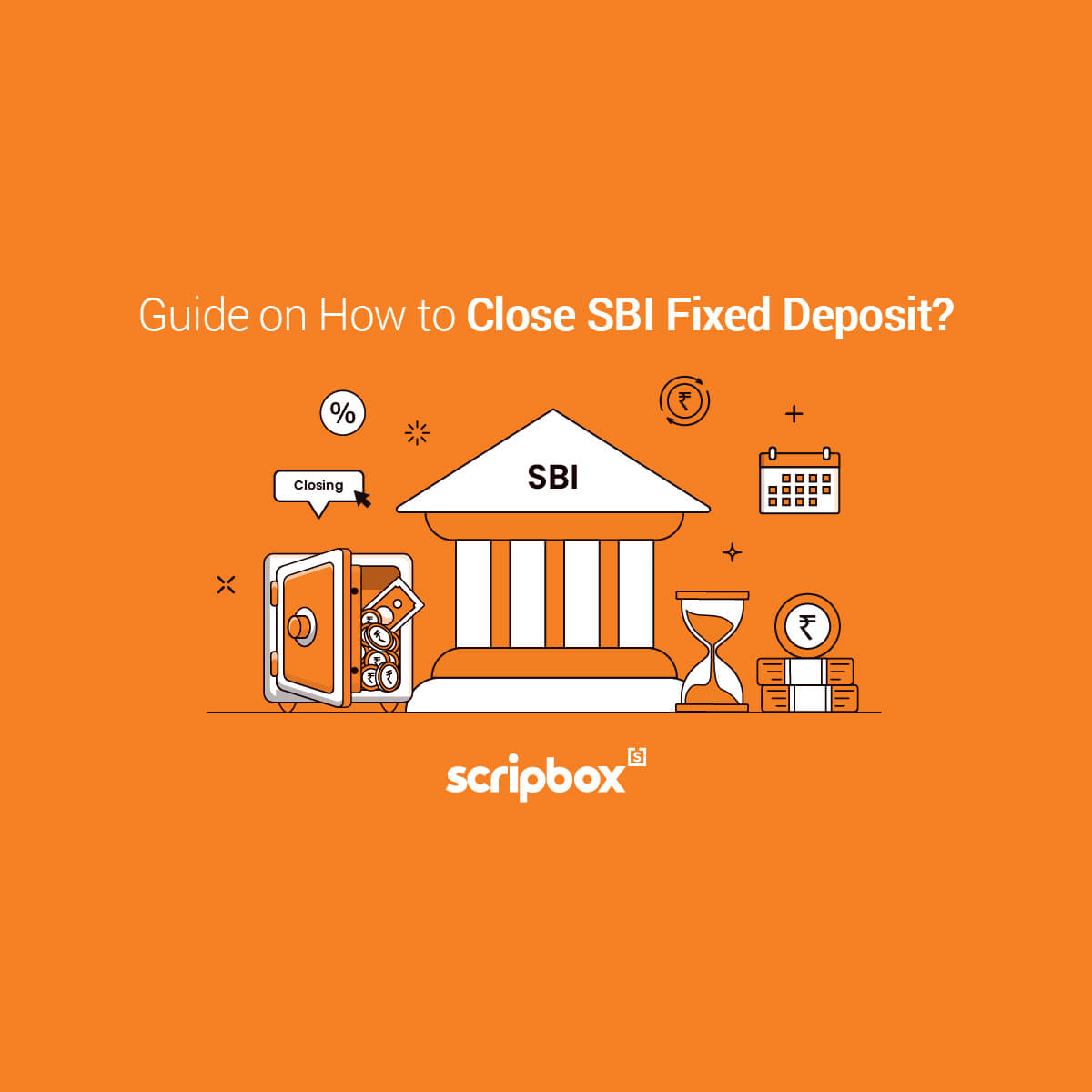Bonds and fixed deposits are the most popular choices among investors with low-risk tolerance levels. Also, both of these fixed income instruments offer fixed interest income to investors. However, they are different from each other on various parameters. This article will discuss the differences between Bond vs Fixed Deposit
Bond vs Fixed Deposit
The following are the differences between Bond and Fixed Deposit:
| Parameters | Bond | Fixed Deposit (FD) |
| Meaning | A bond is a debt instrument that represents a loan to the borrower by the investor. The investors get regular interest income in return, and the principal amount is payable on maturity. | A fixed deposit is a financial instrument where the investor deposits money for a specific period with a predetermined interest rate. The principal and interest are payable on maturity. |
| Issued By | Government, municipalities, states or private companies. | Banks, post offices or NBFCs |
| Safety | Bonds are considered safe instruments as physical assets back them. Also, it is essential to check the credit rating of the issuer. | FDs are also safe instruments but physical assets do not back them. It is important to select a safe institution where to open an FD. |
| Liquidity | Bonds are traded on a stock exchange, and hence they are a more liquid asset. However, interest rate movements can impact bond prices. Therefore, liquidity comes with the cost of market volatility. | Investors can prematurely withdraw from their fixed deposits. However, premature withdrawal is subject to penalty charges or reduced interest rates. |
| Payout Frequency | Investors cannot select the payout frequency. They vary and are usually half-yearly, yearly or cumulative at the time of maturity. | Investors have an option to select the payout frequency |
| Returns | Bonds can offer higher returns than FD, especially post-tax | FD guarantees a fixed return to its investors. |
| Credit Rating | It is mandatory for the bond issuers to get their instrument rated by a credit rating agency such as CARE, ICRA or CRISIL. | FDs issued by NBFCs must mandatorily be rated, but banks/ post offices are not required to provide credit ratings. |
| Accessibility | Bonds are not easily accessible. Investors can buy bonds over the counter, thus making it often difficult for retail investors to invest. | Investors can easily and instantly open a fixed deposit account with any bank, post office or NBFC. |
| Liquidation | If the company goes bankrupt and gets liquidated, the bondholders will be the first to receive their payments. | FDs are not backed by assets; however, they are insured up to Rs.500,000 by DICGC for investors’ principal and interest amount. |
| Taxation, | The capital gains from bonds are taxed per their holding period. On the other hand, there is no tax on interest income with tax-free bonds issued by government institutions like PFC, REC, NTPC, IREDA, HUDCO, IRFC and NHAI. | Fixed deposits are subject to income tax per the individual income tax slab rate. Also, TDS is deducted at 10% if the interest income exceeds Rs.40,000 and Rs.50,000 in the case of senior citizens. |
| 80C Deduction | Investment in bonds has no special tax deduction under this section | Investment in tax saving FD provides tax deduction up to Rs.150,000 under Section 80C |
Who Should Invest in Bonds?
Bonds are suitable for investors who have low-risk tolerance levels. Bonds are safer investments as they carry less risk as there is an assurance of principal and interest payment after a specified duration. Also, for these securities collateral backs them, which ensures investors will receive their payment on maturity. Thus, bonds can act as a long term investment option for investors who do not have experience in the stock market.
Typically, bonds carry risk compared to fixed deposits. However, investors should consider the inflation risk and interest rate movement, which may cause the investments to change their value over time. Also, investment in bonds can help investors generate a steady source of income. Furthermore, it helps them diversify their investment portfolio through these instruments.
Recommended Read: Capital Gain Bonds
Who Should Invest in Fixed Deposits?
Investors who prefer investing in a risk-free investment instrument can consider fixed deposits. The investors know the returns from fixed deposits in advance. Therefore, market fluctuations do not hamper the returns of fixed deposits.
There are many market-linked instruments available for investors which offer higher returns. However, they involve high market risks. To ensure balanced financial growth, investors should also consider safe investment options. Hence, fixed deposits are safe instruments and lead to guaranteed returns if they are from credible financial institutions.
Bond vs Fixed Deposit – Which is Better?
Investment in bonds and fixed deposits is safe. Both schemes have multiple options with different tenures, which can help investors with short-term and long-term investments. Investors can also choose a mix of both for their portfolio diversification based on their requirements.
But, a fixed deposit offers complete security and a guarantee of returns on investment. Also, they are easily accessible. On the other hand, bonds can provide higher returns on maturity when compared to fixed deposits. However, bonds are subject to interest rate fluctuations which might affect the bond prices. Moreover, investors who have time to buy these bonds over the counter and have market knowledge can consider investing in bonds.
Therefore, the answer lies in the investment goals, investment horizon, and understanding of risk when it comes to bond vs fixed deposit. These factors are instrumental in helping investors make an informed decision.
explore our article on Best Bonds to Invest in India
Discover More























Show comments